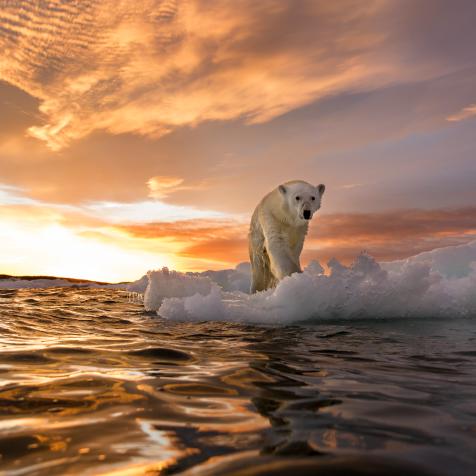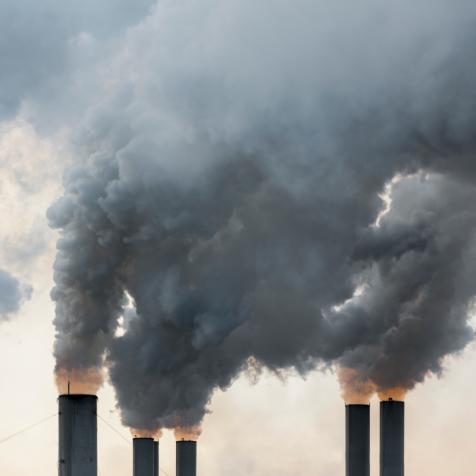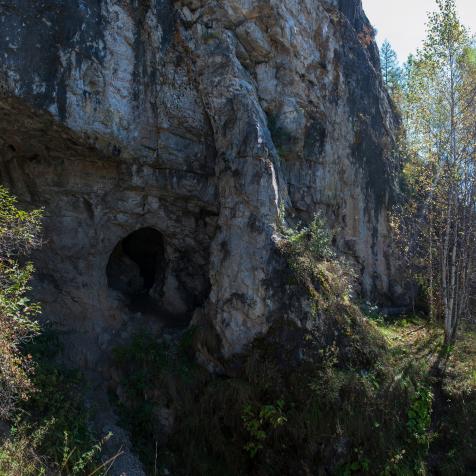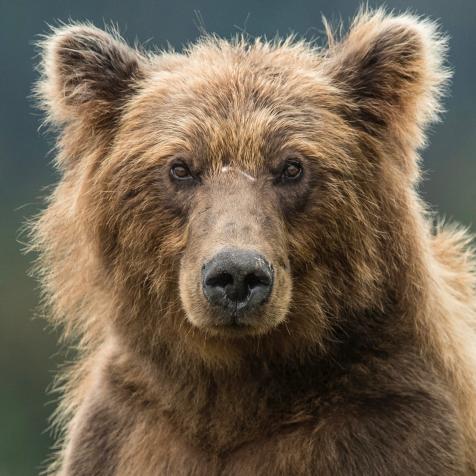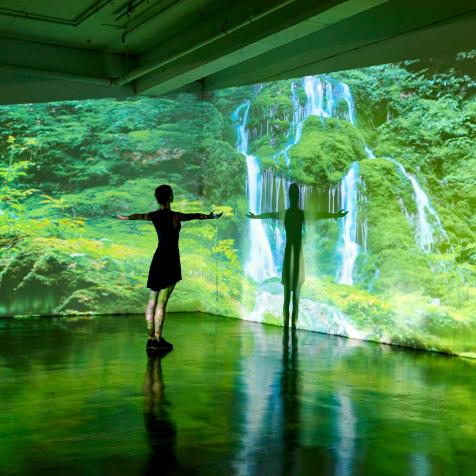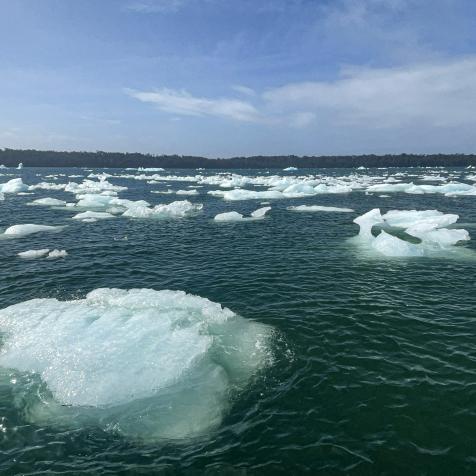
USFWS Mountain-Prairie
Meet the First Cloned Endangered Animal in North America
This black-footed ferret is not only cute, she is beyond special. Meet Elizabeth Ann, the first endangered animal to be cloned in North America.
In a joint scientific effort between the US Fish and Wildlife Service, and a combination of other organizations, an endangered species was successfully cloned. This is a huge deal on so many levels, especially for the future of species biodiversity.
Back in 2013, an organization called Revive & Restore popped up on the radar of the US Fish and Wildlife Service. Their goal is to, "incorporate biotechnologies into standard conservation practice." There's great importance of biodiversity in conservation efforts--When there are a few living animals of a species left, it becomes hard to perpetuate the future of said species, due to a multitude of genetic roadblocks.
Before that, way back in 1985, genetic samples from Willa, a wild black-footed ferret, were shipped to a geneticist at the San Diego Zoo. These genetic samples led to the ferret alive today. Dr. Ryder, the aforementioned geneticist, works at a place called the Frozen Zoo. This incredible place houses the "largest and most diverse collection of its kind in the word." This frozen library of life contains over 10,000 living cultures and samples. The combined achievement to successfully clone the endangered black-footed ferret is big news for this organization.

USFWS Mountain-Prairie
Elizabeth Ann's journey towards life began when all of the above organizations teamed up with ViaGen Pets & Equine, a commerical cloning company. A domesticated ferret surrogate was used to implant the created embryos, which was successful. Then on December 10, Elizabeth Ann was born via c-section. She was cared for, and once she was deemed stable, tests were done to confirm her genetic makeup.
Other clones from Willa's samples will join Elizabeth Ann at her current home at the National Black-footed Ferret Conservation Center in Colorado. This exciting experiment will continue as scientists work towards understanding the implications that these close will have on the larger ecosystem, and if they will ever be able to be integrated into the wild population.
These developments are beyond exciting for the protections of many lost and endangered species. All eyes are on the Frozen Zoo and the future of cloning to protect and revitalize threatened speciess around the world.











